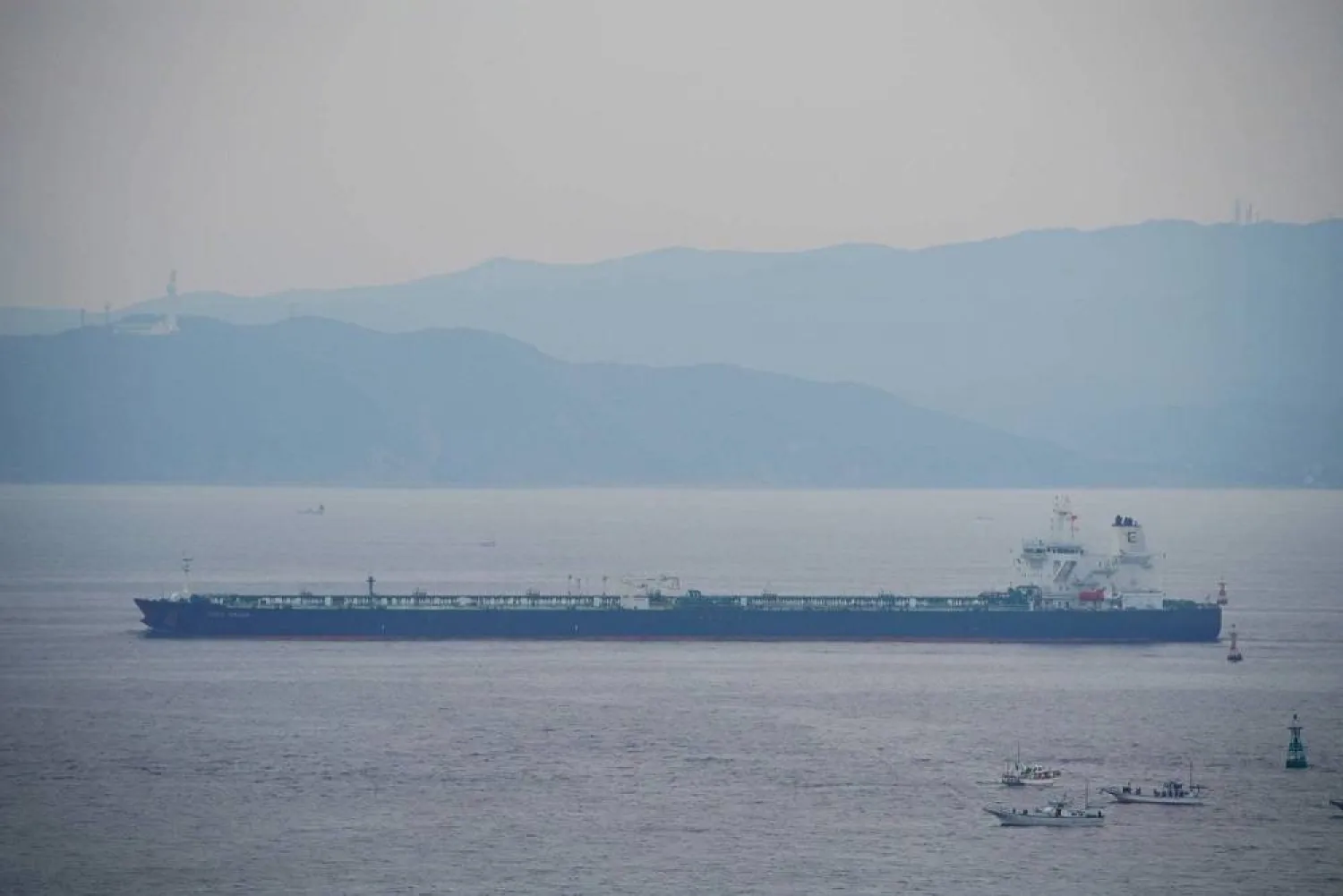Iran has released the oil cargo of a Greek-owned, Marshall-Islands-flagged tanker it seized in the Gulf of Oman earlier this year, a shipping source told Reuters on Thursday.
Iran seized the St. Nikolas in January in retaliation for the confiscation last year of the same vessel and its oil by the US, Iranian state media had reported at the time.
The vessel, M/T St. Nikolas, is still being held by Iran, the source added. It was laden with 1 million barrels of Iraqi crude oil destined for Türkiye when it was seized.
“The cargo was released earlier this week after negotiations,” the source said.
In August 2023, a cargo of Iranian oil carrying one million barrels was unloaded off the coast of Texas from the Suez Rajan, a Marshall Islands-flagged tanker seized by the US.
There was no immediate comment from both the Iranian foreign and oil ministries.
The release of the oil cargo on Thursday came few days after Iran’s Revolutionary Guard Corps (IRGC) intercepted a Togo-flagged, UAE-managed products tanker carrying 1,500 tons of marine gas oil.
British security firm Ambrey said last Monday the vessel had loaded marine gas oil off the coast of Iraq and was destined for UAE's Sharjah when it was intercepted on Sunday, 61 nautical miles southwest of Iran's port of Bushehr.
Iran's Revolutionary Guards' Navy confirmed seizure in a statement quoted by Iran's state news agency, saying: “The tanker was systematically engaged in fuel smuggling ... and was seized in the depths of Bushehr's coast by judicial order.”
“The vessel, along with its 12 crew members of Indian and Sri Lankan nationals, has been transferred to Bushehr anchorage and is under supervision,” it added.
Earlier this month, ship tracking data from the London Stock Exchange Group (LSEG) showed that a Chevron-chartered oil tanker seized by Iran more than a year ago is heading toward the Sohar port in Oman.
The data showed the vessel moving to international waters, with the destination showing as Khor Fakkan in the UAE.
The Marshall Islands-flagged Advantage Sweet was boarded by IRGC in the Gulf of Oman in April 2023 after an alleged collision with an Iranian boat.









